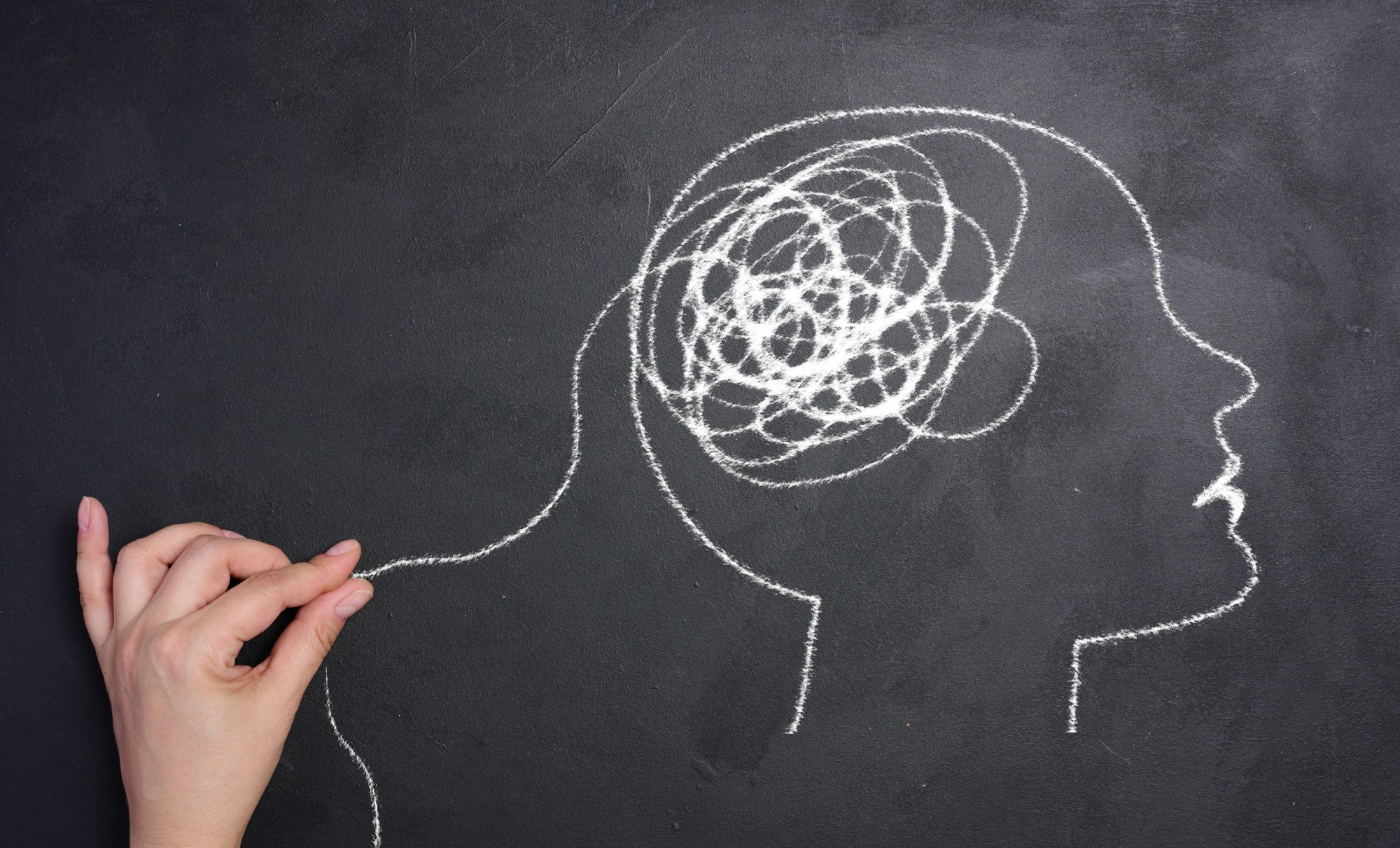- 28 March, 2024
- by Ava
- in Holistic Health
- No comments yet
Cognitive Behavioral Therapy (CBT)
Add Your Heading Text Here
Cognitive Behavioral Therapy (CBT) is a widely recognized and researched form of psychotherapy that has revolutionized the way we approach mental health. CBT focuses on the interconnectedness of thoughts, emotions, and behaviors. It posits that our thoughts and beliefs significantly influence how we feel and behave. By identifying and modifying negative or distorted thought patterns, CBT empowers individuals to develop healthier coping mechanisms and improve their overall well-being. This makes CBT a valuable tool within a holistic wellness approach, promoting not just mental health but also emotional and psychological well-being.
How Can CBT Help You?
CBT is grounded in the collaborative effort between therapist and client to unearth and challenge distortions in thinking. This evidence-based approach is rooted in the idea that our thoughts, feelings, and behaviors are interconnected, influencing our overall mental health. CBT can be a powerful ally on your journey towards holistic wellness. Here’s a glimpse into how CBT can be of service:
- Understanding Your Triggers: CBT helps you identify the specific thoughts, situations, or events that trigger negative emotions and behaviors. This newfound awareness empowers you to anticipate these triggers and develop coping mechanisms to manage them effectively.
- Challenging Negative Thoughts: CBT equips you with tools to challenge negative or distorted thought patterns that contribute to emotional distress. By questioning the validity of these thoughts and replacing them with more realistic and helpful ones, you can significantly improve your emotional state.
- Developing Healthy Coping Mechanisms: CBT goes beyond simply identifying problems. It actively helps you develop healthy coping mechanisms to manage stress, anxiety, and other challenges. These coping mechanisms may include relaxation techniques, communication skills training, and problem-solving strategies.
What is CBT Good For?
Holistic wellness recognizes the integration of mind, body, and spirit. CBT contributes to this harmony by equipping individuals with coping strategies to manage emotional distress, thus enhancing mental clarity and emotional balance. CBT has a vast range of applications, making it a versatile tool for addressing various concerns. Here are some specific areas where CBT can be particularly beneficial:
- Anxiety Disorders: CBT is a first-line treatment for various anxiety disorders, including generalized anxiety disorder, panic disorder, and social anxiety disorder. By addressing the underlying thought patterns that fuel anxiety, CBT can significantly reduce symptoms and improve quality of life.
- Depression: CBT is highly effective in treating depression. It helps individuals identify negative self-beliefs and develop strategies to combat feelings of hopelessness and worthlessness.
- Stress Management: CBT equips individuals with valuable tools to manage stress more effectively. These tools include identifying stress triggers, developing relaxation techniques, and improving communication skills.
Benefits of Cognitive Behavioral Therapy
There are numerous advantages to incorporating CBT into your holistic wellness regimen. Here are some key benefits to consider:
- Evidence-Based Approach: CBT is a well-researched and scientifically supported form of therapy with a proven track record of effectiveness for various mental health concerns.
- Practical and Skill-Oriented: CBT focuses on teaching you practical skills that you can apply in everyday life to manage challenges and improve your well-being.
- Empowering and Long-Lasting Change: CBT empowers you to take charge of your mental health by equipping you with the tools and strategies to manage your thoughts, emotions, and behaviors. These changes can be long-lasting and contribute to overall well-being.
- Improved Emotional Regulation: Mastery over one’s thoughts leads to better control of emotions.
- Reduction in Symptoms of Mental Health Disorders: Notably effective in reducing symptoms of anxiety and depression.
- Enhanced Coping Skills: Empowers individuals with tools to face life’s challenges.
Engaging with CBT: What to Expect
Sessions with a CBT practitioner are structured, goal-oriented, and focused on the present. Through exercises and homework, individuals learn to identify distortions in their thinking, allowing for healthier thought patterns to emerge. A typical course of CBT with a qualified therapist involves several stages:
- Assessment: During the initial sessions, the therapist will gather information about your concerns, symptoms, and goals for therapy.
- Collaborative Goal Setting: Therapist and client will work together to establish specific and measurable goals for therapy.
- Learning CBT Techniques: The therapist will introduce you to various CBT techniques, such as cognitive restructuring, exposure therapy, and relaxation techniques.
- Practicing Skills: CBT is an active form of therapy that requires your active participation. The therapist will guide you in practicing the learned skills in real-life situations.
- Relapse Prevention: The therapist will help you develop strategies to identify and manage potential setbacks and maintain the positive changes achieved through CBT.
Complementary Approaches to CBT
- Mindfulness-Based Stress Reduction (MBSR): Focuses on the present moment to reduce stress.
- Dialectical Behavior Therapy (DBT): Incorporates aspects of CBT with mindfulness for emotional regulation.
- Acceptance and Commitment Therapy (ACT): Uses acceptance and mindfulness strategies alongside CBT principles.
Final Thoughts
CBT offers a structured and empirically supported path toward mental wellness, empowering individuals to rewrite their narrative toward a more positive and balanced life.
Recommended Reading:
- “Feeling Good: The New Mood Therapy” by David D. Burns. This classic book introduces the principles of CBT and how they can be applied to combat depression.
- “Cognitive Behavioral Therapy: Techniques for Retraining Your Brain” by Jason M. Satterfield & The Great Courses. A comprehensive guide that explores how CBT principles can be utilized to challenge negative thought patterns and improve mental health.
- “Mind Over Mood, Second Edition: Change How You Feel by Changing the Way You Think” by Dennis Greenberger and Christine A. Padesky. A practical manual for readers to apply CBT techniques to their own lives.
FAQ on Cognitive Behavioral Therapy (CBT)
Welcome to our Frequently Asked Questions (FAQ) section. Here, we aim to provide clear and concise answers to common queries you may have about this particular healing modality. Whether you’re new to this practice or seeking deeper insights, our FAQs are designed to help enhance your understanding and support your journey toward holistic wellness. If you have a general question that’s not covered below, please feel free let us know.
CBT is a time-limited therapy, often ranging from 5 to 20 sessions, depending on individual needs and goals.
Is CBT effective for everyone?
While self-help CBT resources exist, working with a trained therapist can provide tailored guidance and support. Alternatively you could try one of the similar modalities mentioned above.
CBT is more structured, focuses on the present, and is goal-oriented, distinguishing it from more exploratory types of psychotherapy.
Yes, numerous online platforms and apps offer CBT-based tools and exercises for mental health management.




